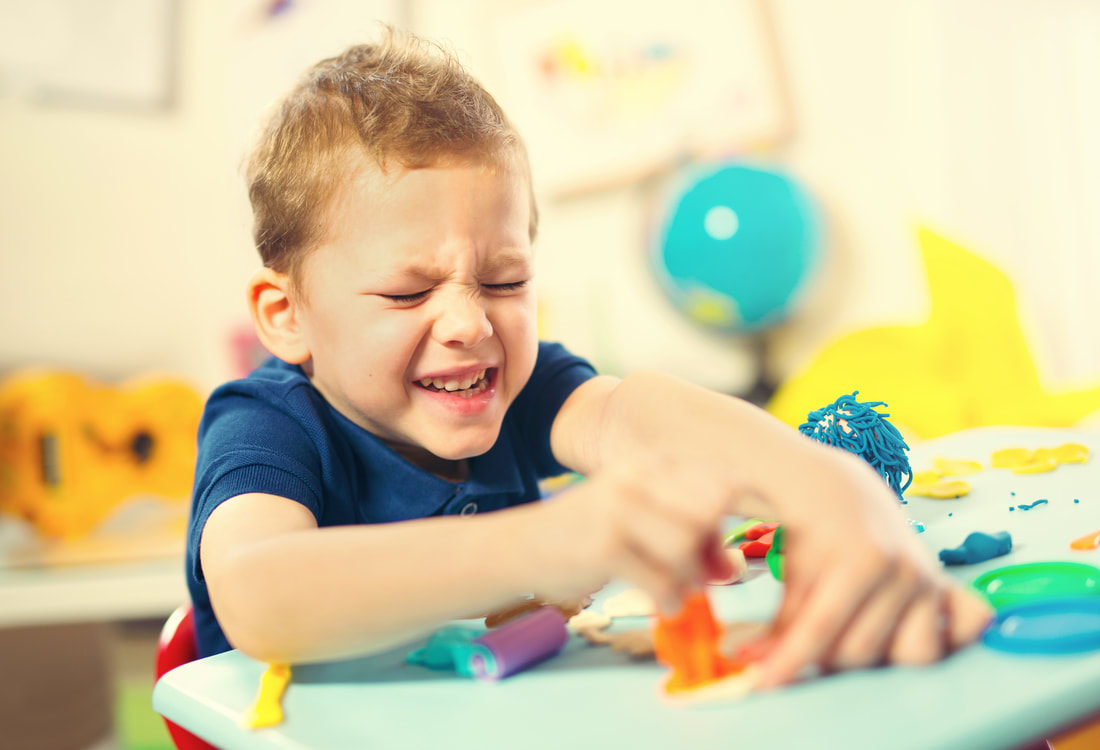Sentry Page Protection
Unit 8 Student Login 
Unit 8 Student Login
Welcome, (First Name)!
Enter Student Area
(Unit 8) Topic 1: The Whole Child
4 Clock Hours of Early Childhood Education
























